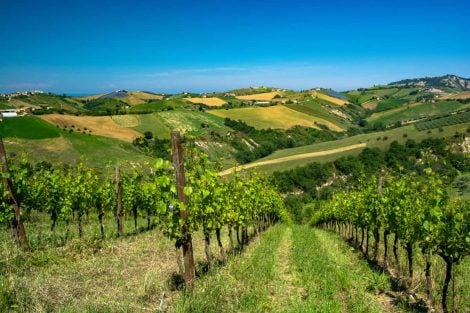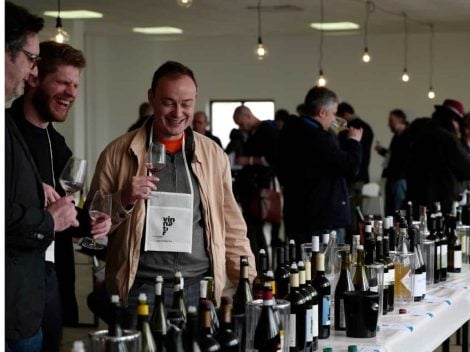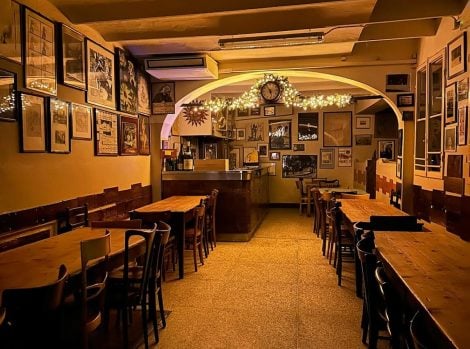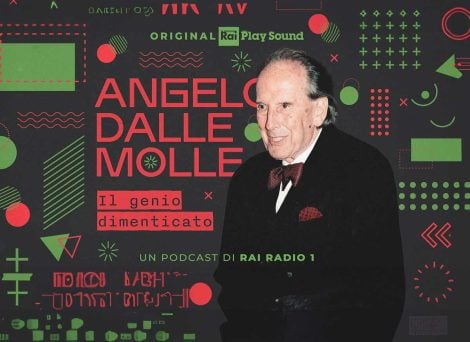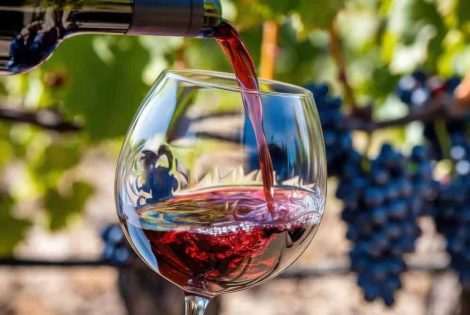There's a place in Centocelle where simply stepping inside is like treating yourself to a little vacation... It's like deciding to be a tourist around Rome, taking a trip out of town, and enjoying the flavors of a region that knows how to tantalize robust palates and those eager for strong emotions. We're talking about Proloco Centocelle, the only Roman establishment (along with its twin in Trastevere) that serves only ingredients from Lazio for lunch and dinner, supplied, not coincidentally, by Dol (an acronym for Di Origine Laziale), which is in turn the only distributor for the HORECA sector that selects and markets exclusively artisanal ingredients and products from the region. However, if it were just about the products, it wouldn't be enough to justify the image of a gourmet vacation. Furthermore, it's worth noting the "return" of Vincenzo Mancino (the owner of the establishment and Dol) and the addition of a new chef, Carlo Fiorini, who comes from the experience of a Slow tavern in Veroli and who has the right hands and experience to handle the available materials. Then, just the immediate view of the seven meters of counter where the delicacies of at least forty Lazio companies alternate, is enough to satisfy both the sense of smell and sight and to encourage us to indulge in this little vacation, this small but intense journey into the flavors of the Eternal City and the Roman countryside that surrounds it and has nourished it since the time of Romulus and Remus.
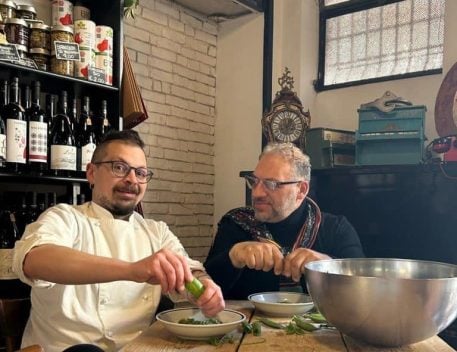
From BioOsteria to Proloco
Even though we would like to avoid falling into the trap of the ancient adage "excusatio non petita...," we believe it's right to justify each of the statements we inundate you with, so the prologue to the tale of this experience has taken up some space. A space that is also somewhat philosophical, we dare say. Because what lies at the foundation of Vincenzo Mancino's life, action, and professionalism is somewhat philosophical and somewhat ideological, seasoned with a good dose of idealism. All characteristics — combined with a certain roughness and a somewhat impolite or politically incorrect mood — that make the character (Mancino) less inclined to generalized sympathy (either you love him or you hate him... or — but it's less common in a world where most interactions and "friendships" happen via social media — you can simply respect him for what he does and acknowledge its meaning) and not accustomed to using online communication. In short, we could describe him as not very media-friendly; and for this reason, he's not talked about much in foodie circles. Yet, his Proloco is always full, and people leave with relaxed and satisfied expressions.
Intrigued by the return of someone who came to Rome as a student from his native Basilicata and then established himself as a chef twenty or so years ago at the "BioOsteria" of the Casale Occupato in Centocelle (a sign of the times!), as well as by the new chef, we took a little stroll to Proloco.
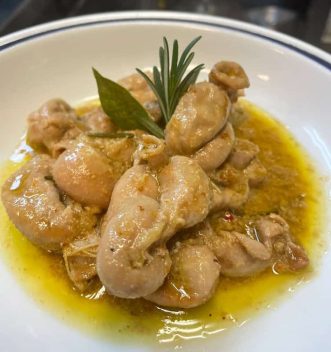
Casserole of veal from Reatino, cooked hunter-style.
Roman countryside on the plate
The initial impact is delightful with the "polpette garofolate" from Veroli, flavored with cloves: made with castrated lamb cooked in tomato sauce, minced, and assembled into a ball that is fried and then served with the initial castrated lamb sauce. A true delight that immediately introduces us to the homeland of meatballs and castrated lamb, traditional flavors beloved by Romans, at least those of a certain age. In reality, these meatballs are capable of winning over even younger and less accustomed palates: as long as they belong to curious eaters: the rest is done by the elegance and lightness of Carlo Fiorini's hand, who manages to treat even an "ignorant" dish like 'pajata alla cacciatora' with extreme gentleness. Truly ecstatic. And we are already exploring different territories around a Capital that is a strong focal point of attraction, homogenization, but also inspiration for the entire region: we're on the plateaus of Arcinazzo where the castrated lamb is born. We're in the heart of Veroli, the center of Ciociaria historically a sentinel and outpost for the Roman countryside, within which we also find the Cistercian Abbey of Casamari. We're in the cattle farms of Rieti. And we're approaching Sabina, from which the (fantastic) meat of Lacaune lambs, protagonists of the upcoming dish, brodettato lamb, an ancient and very rare recipe to find around (not just in Rome), originates. By the way, it's extremely difficult to find Lacaune lamb or sheep meat, a French breed that produces very high-quality milk and highly fragrant meat.
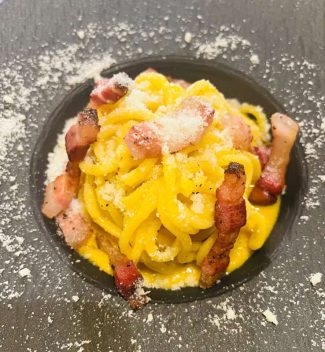
Carbonara
Roman tradition, beyond Carbonara
The rest of the dinner takes us among the artisans of the Capital: we meet a great protagonist of Roman taste, Mauro Secondi, with his fresh and filled pasta, featuring a raviolo with Romanesco broccoli (another central ingredient that Roman tradition interprets in many different ways, including the classic soup with skate), dressed with stracciatella and butter from the Frisona di Segni and anchovies from Gaeta, caught in the sea off the Pontine coast. Here are flavors of a Rome far from the usual clichés of carbonara and amatriciana that instead flood social media.
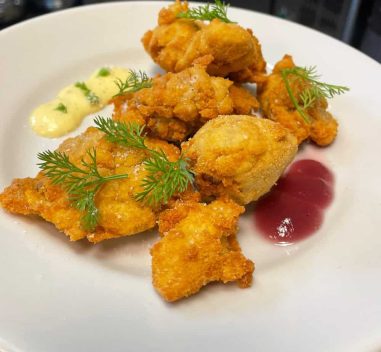
A vacation around the table
Here, the Roman vacation can be considered satisfying, especially remembering to have accompanied it with two ancestral wines (just to emphasize that "natural" wines are now popular in Rome): the rosé Podere 769 from the Santa Maria winery in the municipality of Latina, and the sparkling white from Casale Nibbi in Amatrice. And here too, we are in the full and authentic countryside that surrounds the metropolis, which is the largest agricultural municipality in Europe "both in terms of extension and quantity and quality of agricultural products and can be defined as the European Capital of Agriculture," writes a document from the Roma Tre University on the occasion of the thirtieth anniversary of its foundation. We return home satisfied. Not without succumbing, however, to the temptation to chat with Vincenzo, our guide on this flavorful excursion in Lazio.
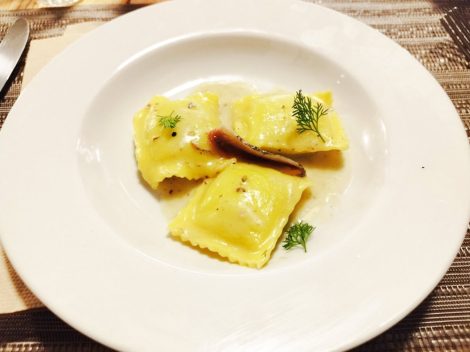
Restaurateurs championing the territory
We mentioned Mancino's philosophy and ideology, as well as his idealism. "The restaurant industry is at a crossroads - he argues - Increasingly, socialization is moving out of the home, into a conviviality that takes place in venues, bars, pizzerias, or restaurants. Therefore, the restaurant industry will have an increasingly important role and weight both socially and economically: either we convince ourselves that restaurateurs must be the first allies of farmers and base their work on the quality and craftsmanship of raw materials, or all the places we visited on the plates tonight will disappear: who will bring more cows, lambs, and sheep to pasture? Who will keep the hills and inland lands in order? Who will keep the countryside clean? If industry wins, Italian gastronomy disappears: we will have raw materials only from abroad, and industry will process them here. But it's no longer made in Italy. Not only that: who will keep the territories in order? Who will take care of the environment, the landscape? So, the restaurant industry must become the hub of these issues and become a standard-bearer, champion, defender of our biodiversity." How can we argue with him?
Proloco Centocelle - Roma - via D. Panaroli, 35 - 06 2430 0765 - @prolocodolcentocelle

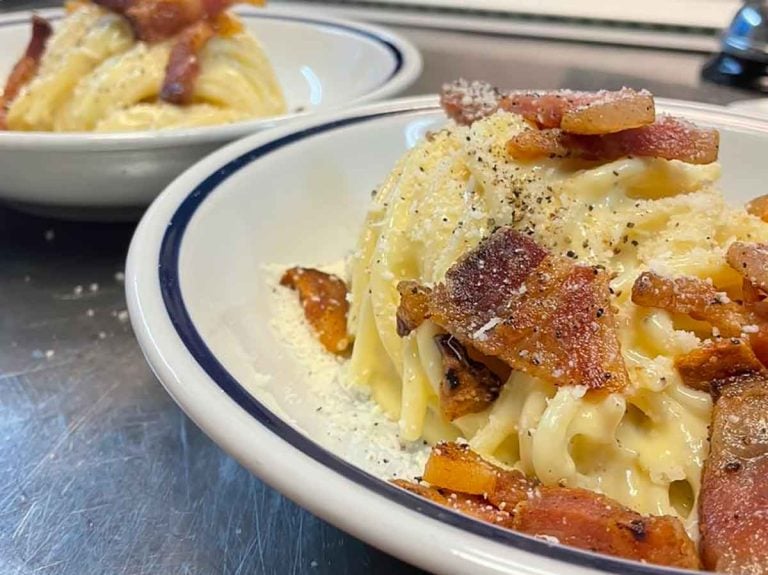
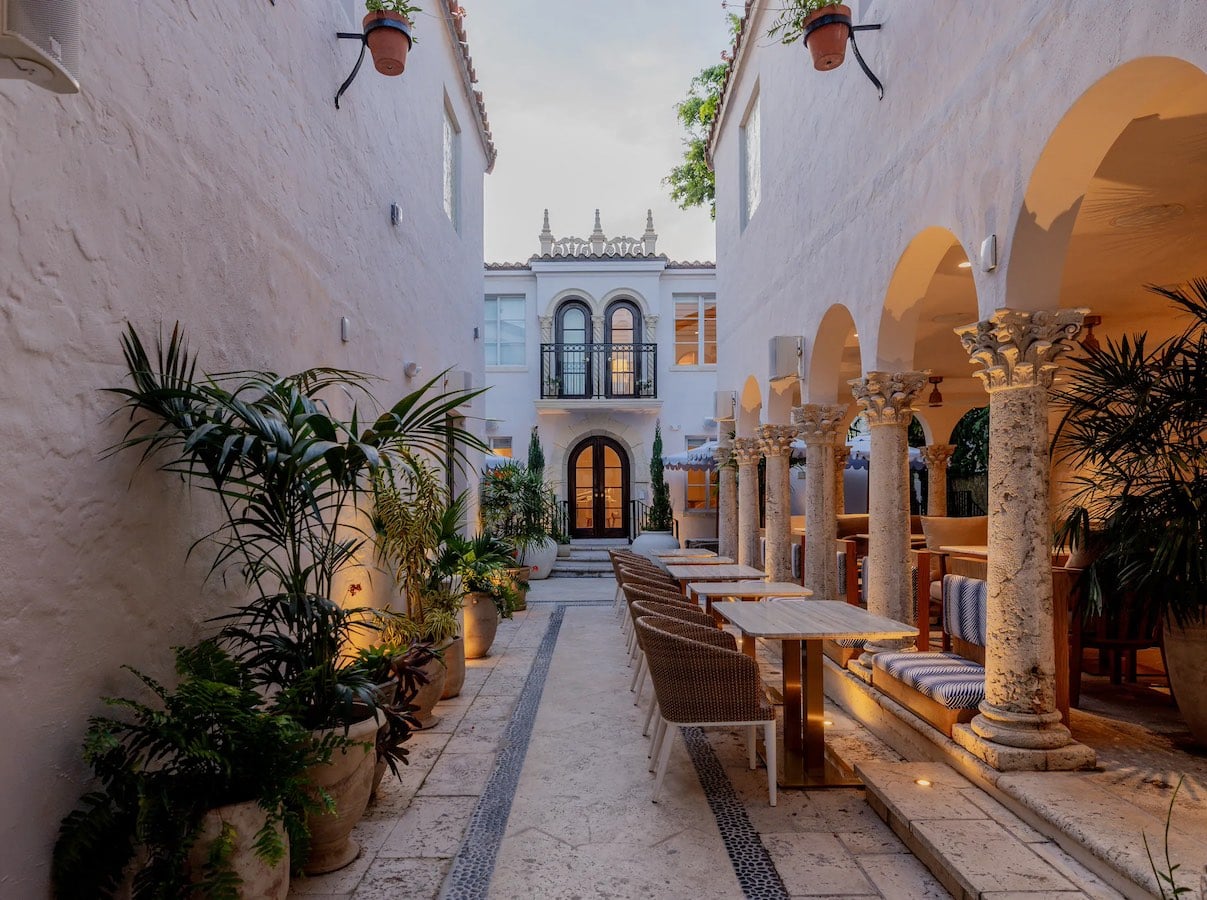 Versace opens a super hotel with an Italian restaurant. Here's what Donatella Hotel & Restaurant in Miami will be like
Versace opens a super hotel with an Italian restaurant. Here's what Donatella Hotel & Restaurant in Miami will be like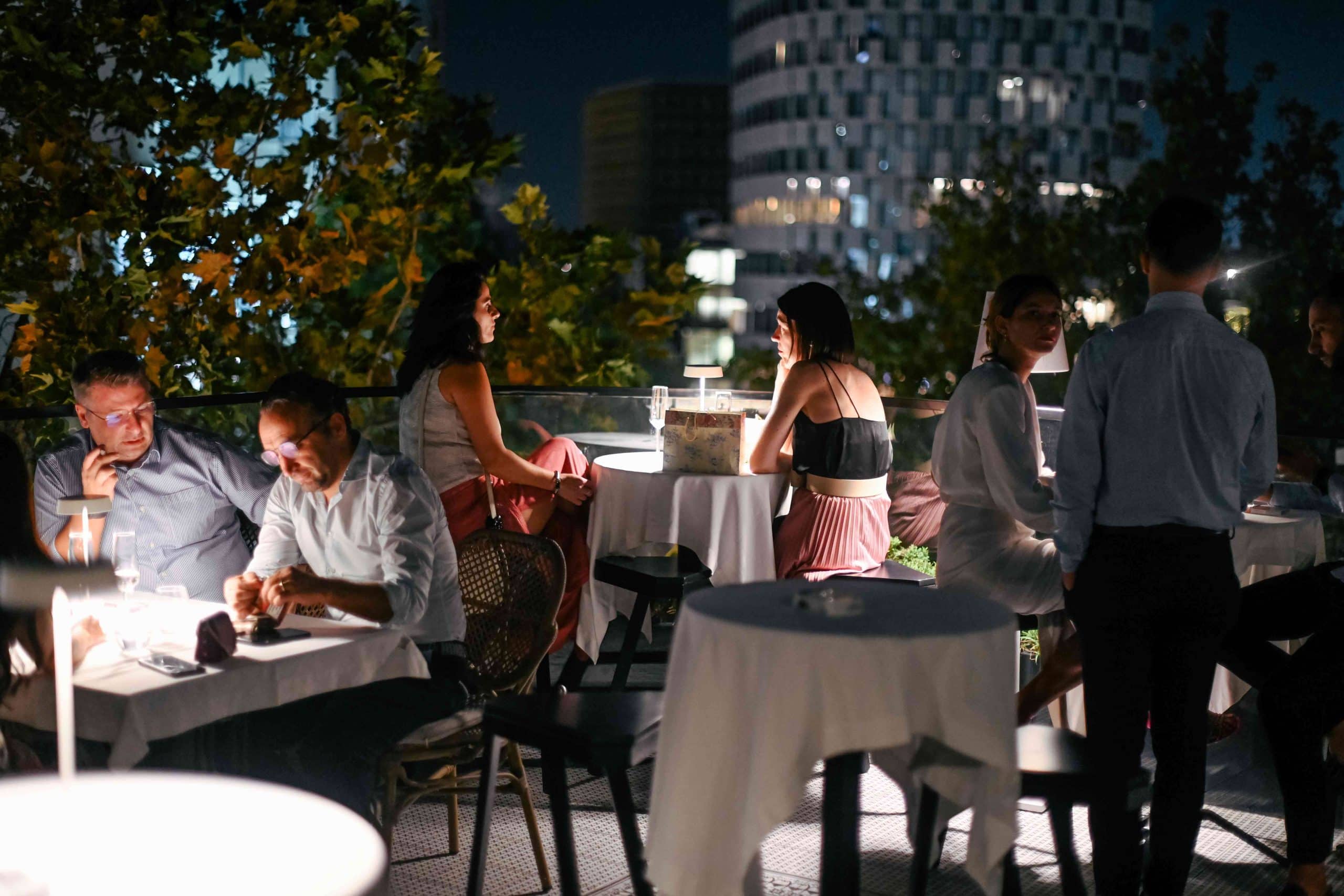 At The Crown Tirana, service and quality at the highest levels
At The Crown Tirana, service and quality at the highest levels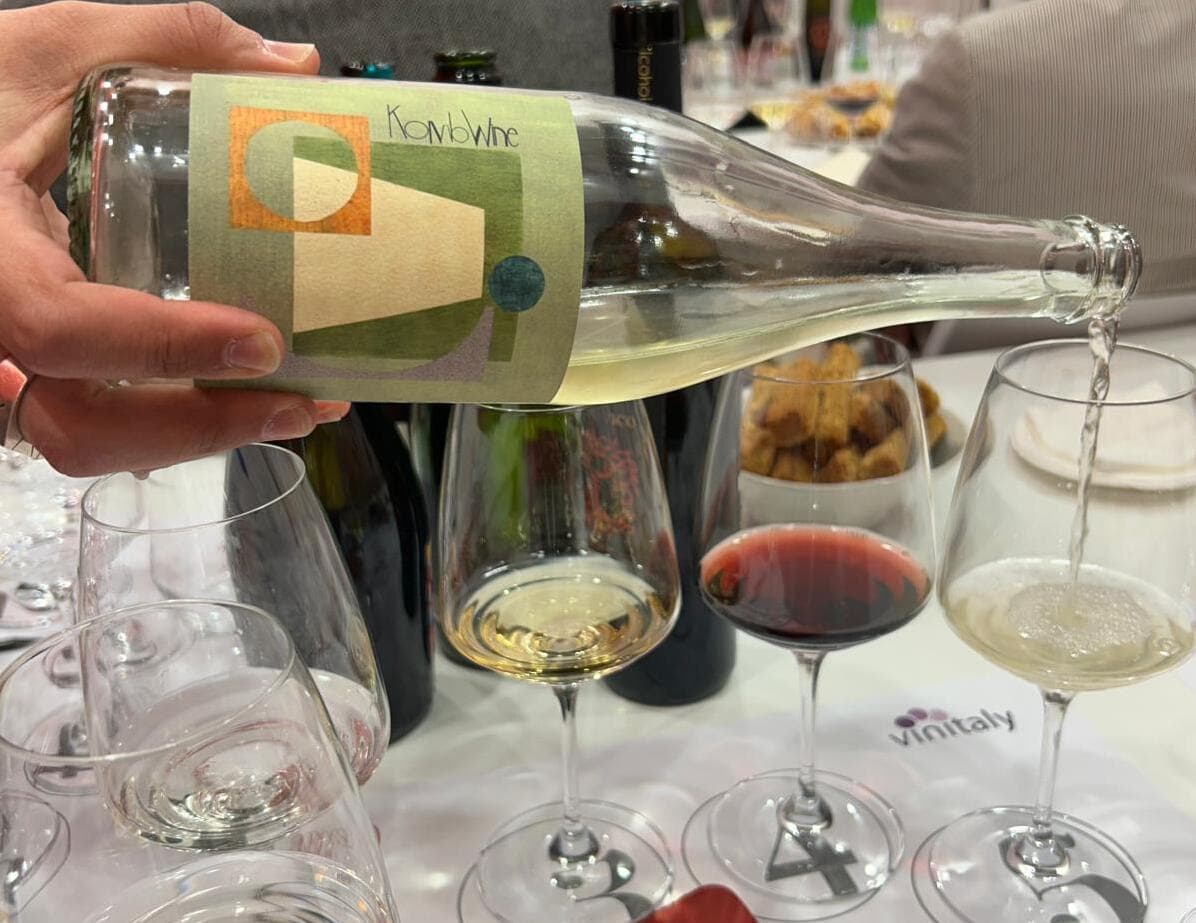 We tasted Komb(w)ine, the new product that combines grape must and kombucha. Here’s our verdict
We tasted Komb(w)ine, the new product that combines grape must and kombucha. Here’s our verdict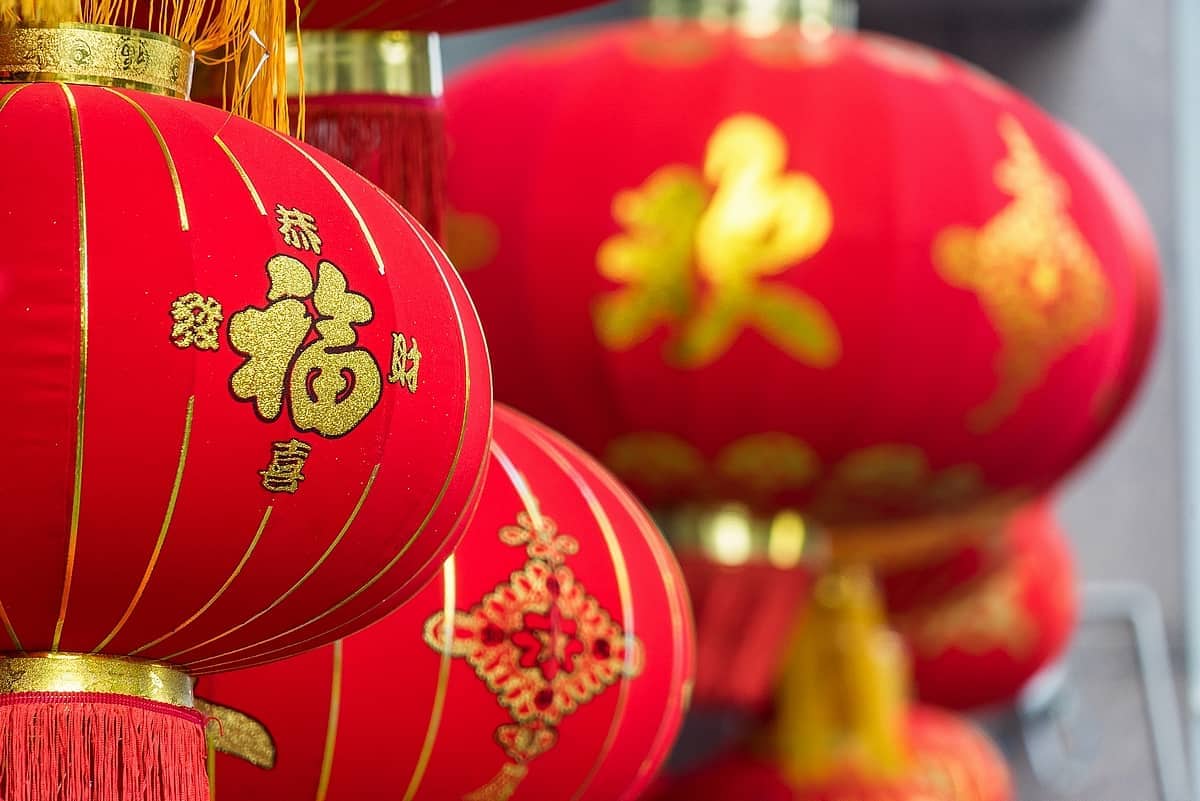 What changes for the export of Italian wines to China under the new regulations?
What changes for the export of Italian wines to China under the new regulations?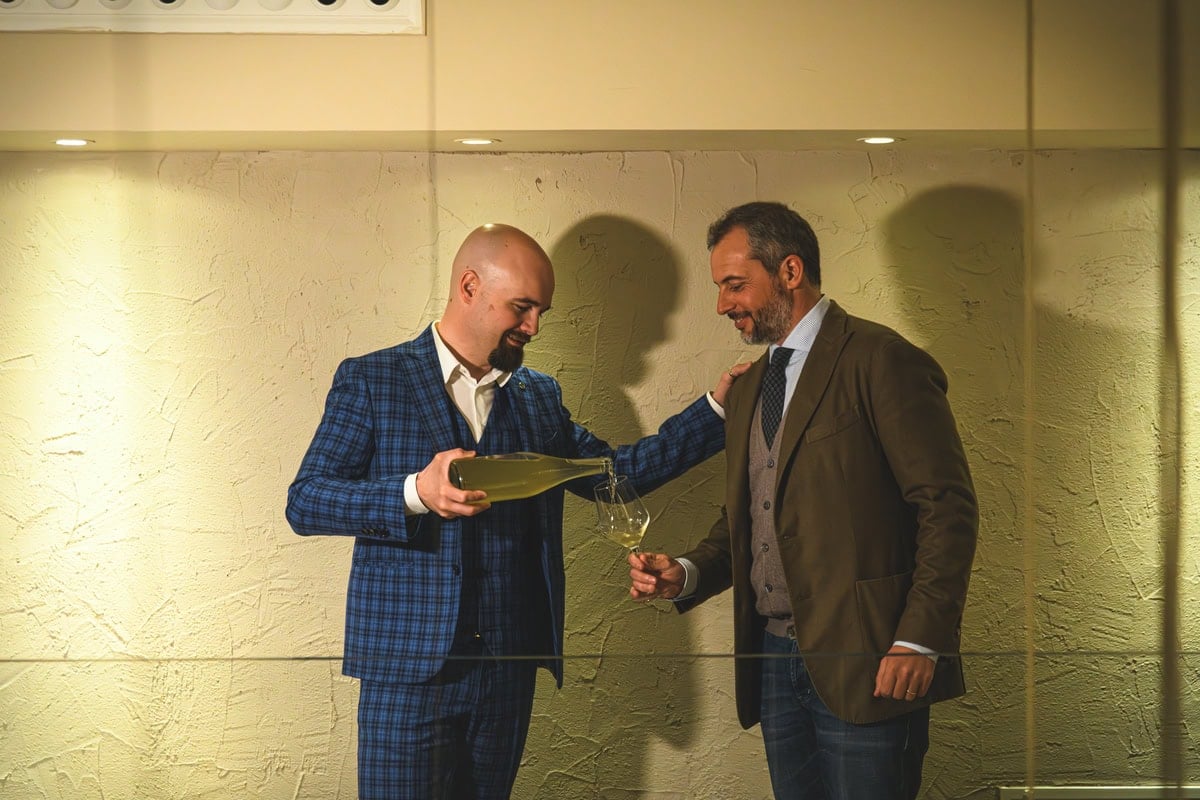 “Forget dealcoholised wines. The future is Komb(w)ine.” Moser and Ravizza present a new grape must-based product
“Forget dealcoholised wines. The future is Komb(w)ine.” Moser and Ravizza present a new grape must-based product